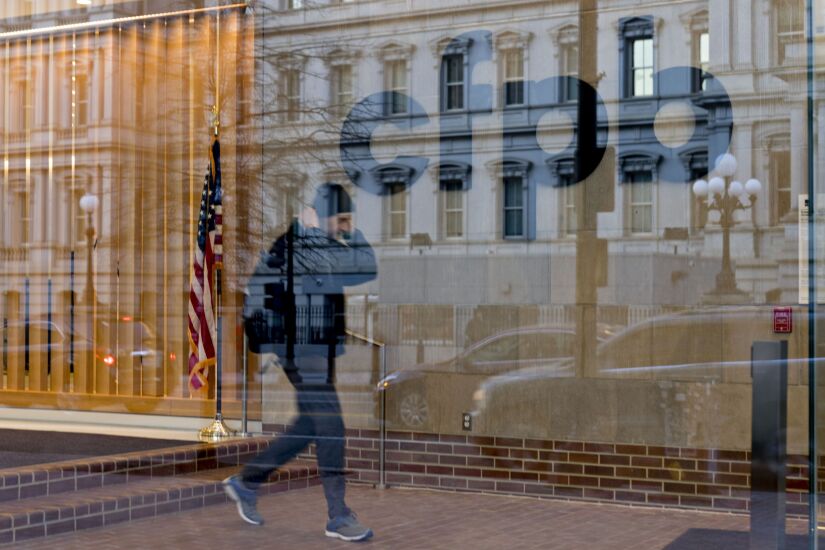WASHINGTON — Democrat Joe Biden’s narrow victory in the presidential election shifts the balance of power in the nation’s capital over key banking policies.
Following an Election Day in which
Biden’s defeat of the incumbent after a bruising 2020 presidential campaign will give the incoming administration substantial power to appoint new financial regulators, shape policies such as the future of housing finance and Community Reinvestment Act reform, and possibly advance progressive banking ideas that have failed to gain traction under a Republican administration. However, the president-elect may have to contend with a divided Congress, as Democrats still have a steep climb to seize enough seats in the Senate to take control with some key races still to be decided.
Following similar decisions by big banks, the Consumer Bankers Association and Mortgage Bankers Association said they will halt all political contributions to elected officials as some lawmakers face harsh criticism for comments that incited the storming of the U.S. Capitol.
The organizations renewed pledges to work with the incoming Biden administration.
Treasury Secretary Steven Mnuchin has all but ruled out letting Fannie Mae and Freddie Mac exit U.S. control before he steps down, leaving it to the Biden administration to decide the fates of the mortgage giants.
It remains to be seen what moves the Trump administration might make with two and a half months remaining in power. Key leadership posts at the regulatory agencies are somewhat uncertain, and legislative priorities such as marijuana banking and anti-money-laundering reform are still pending in Congress.
Here are key banking policy areas that could be upended as a result of Biden’s victory.
With contributions by Kate Berry, Brendan Pedersen, Kevin Wack and John Heltman.














